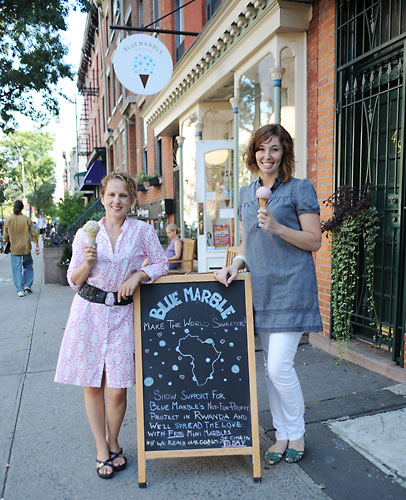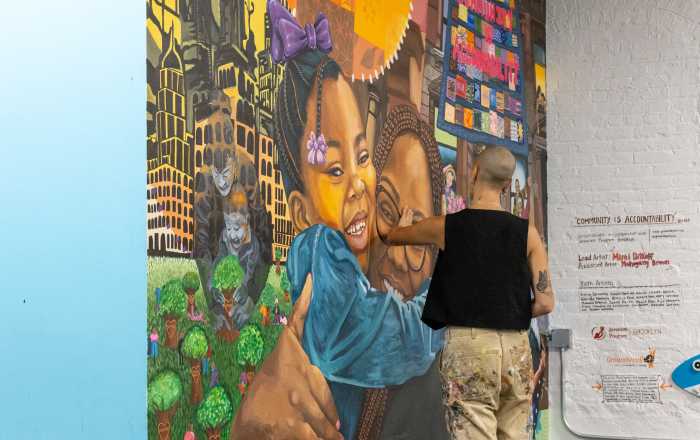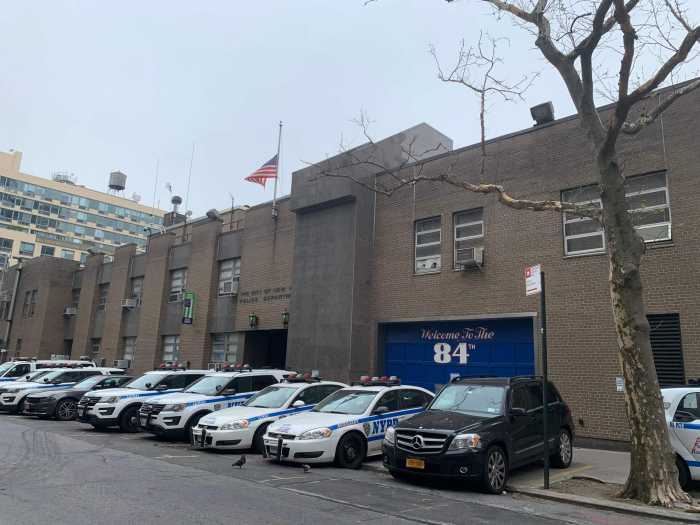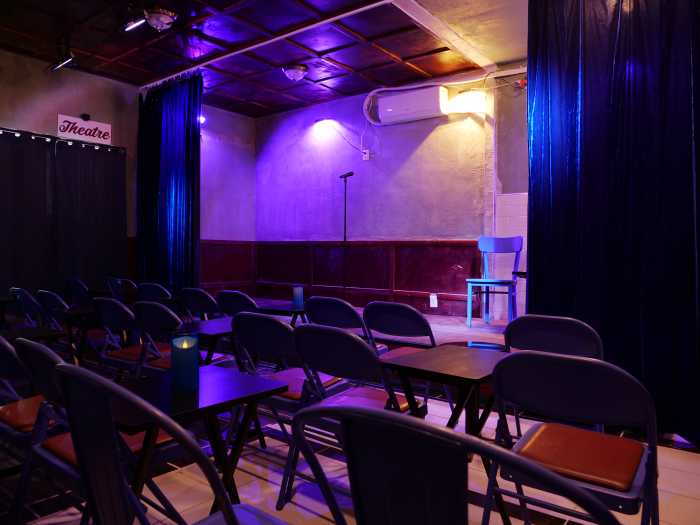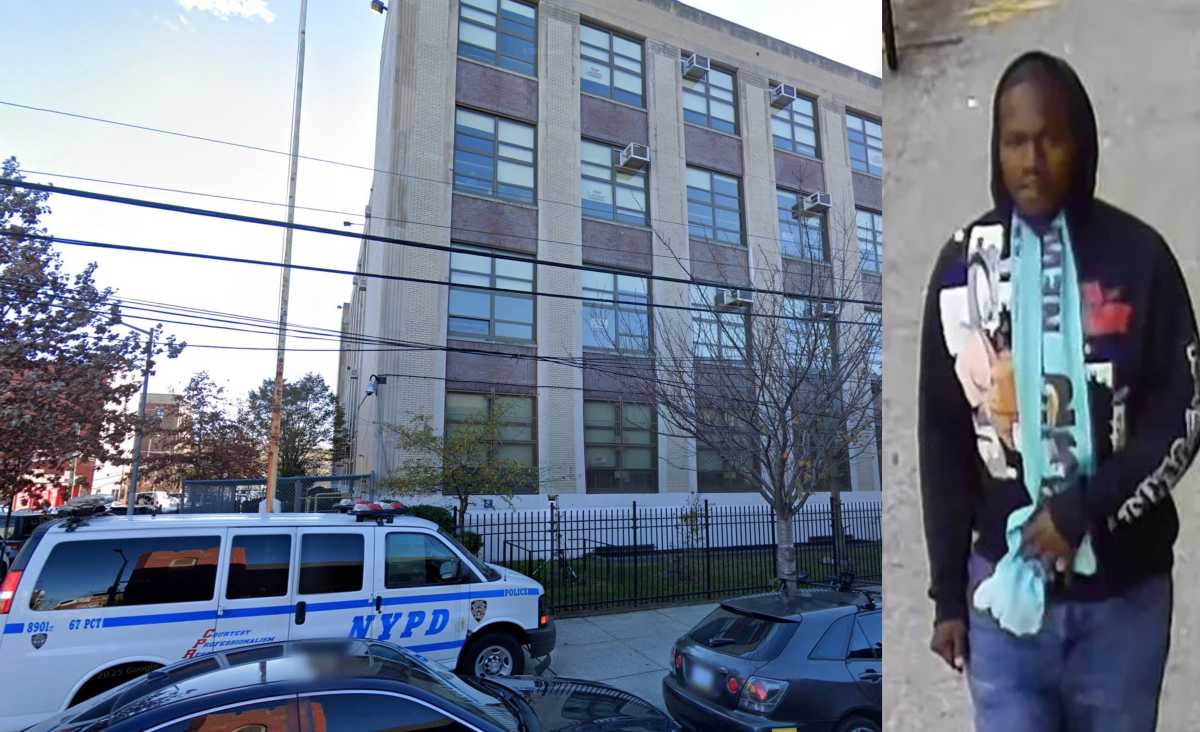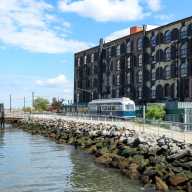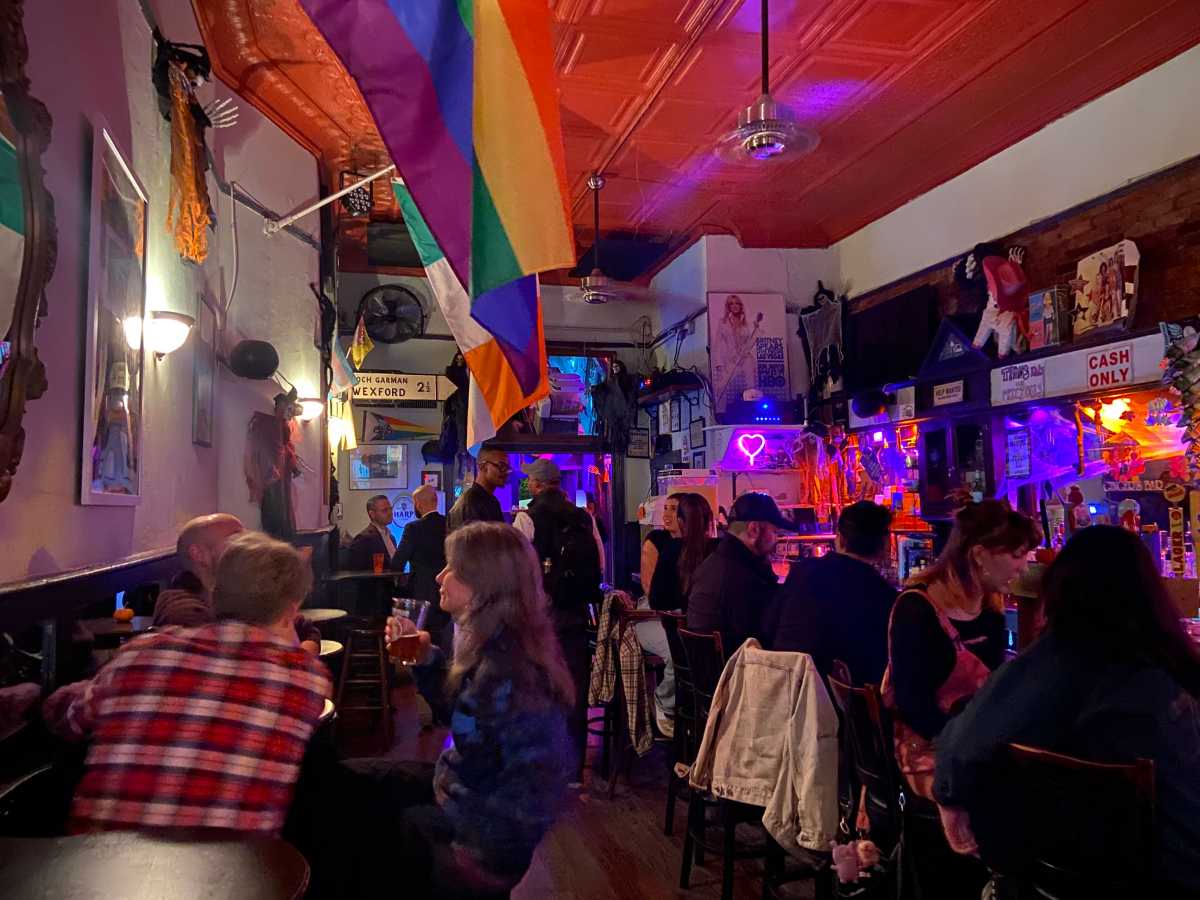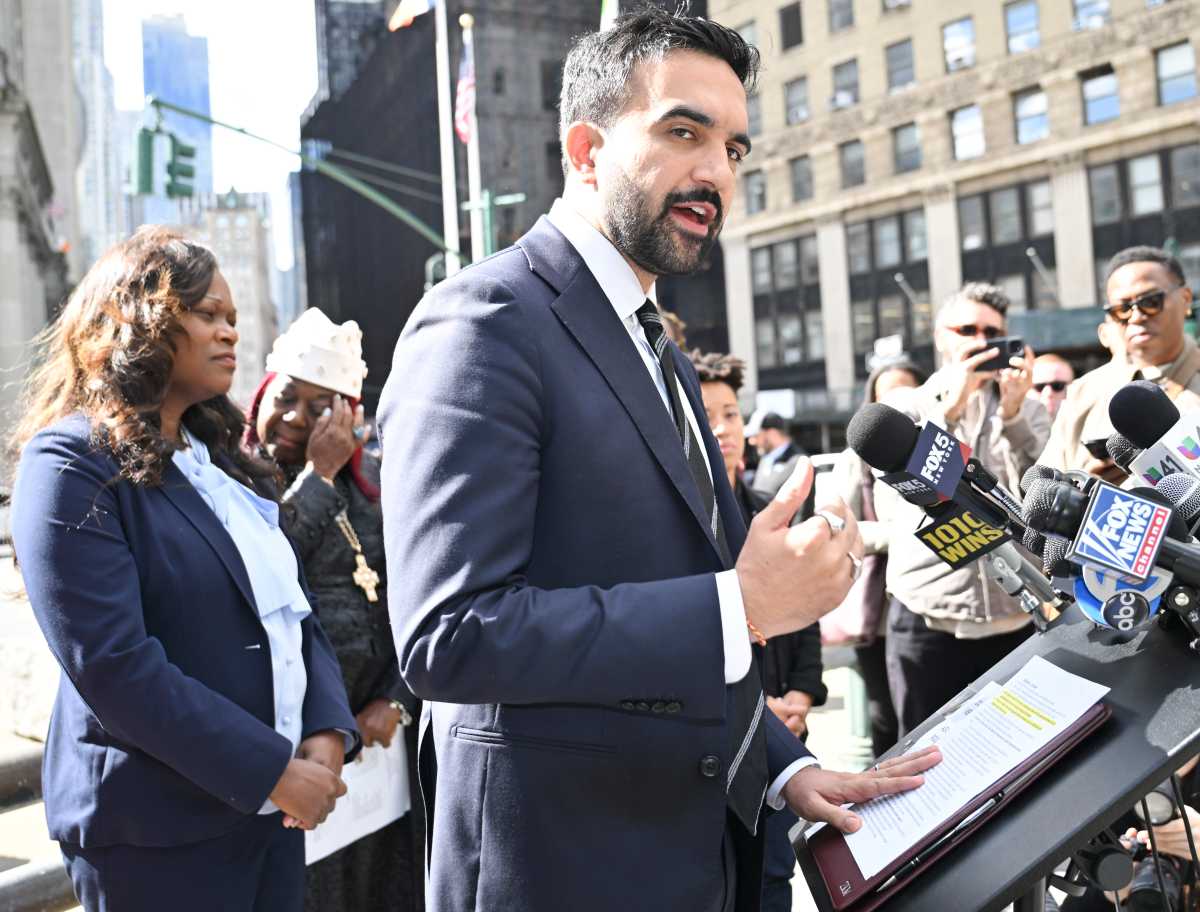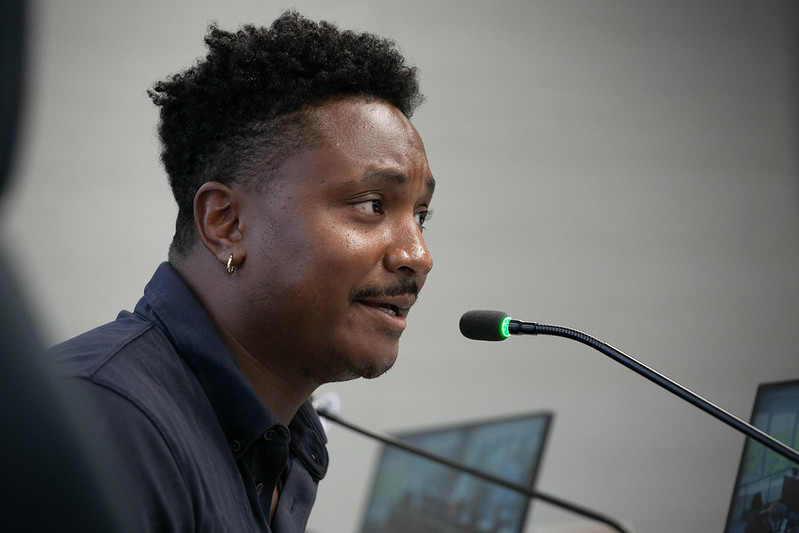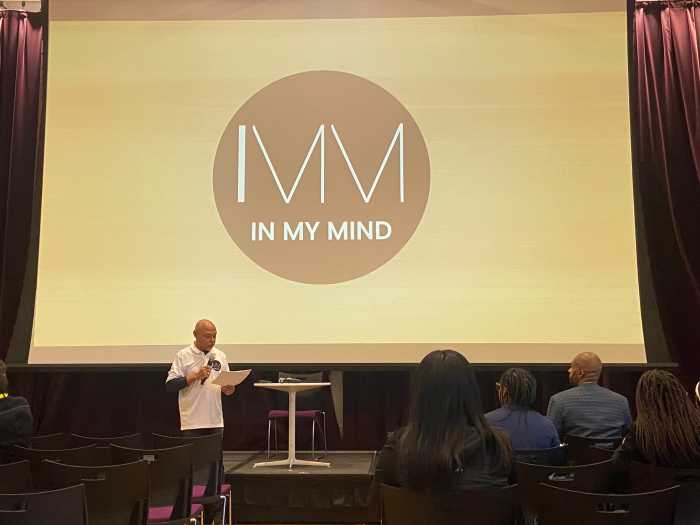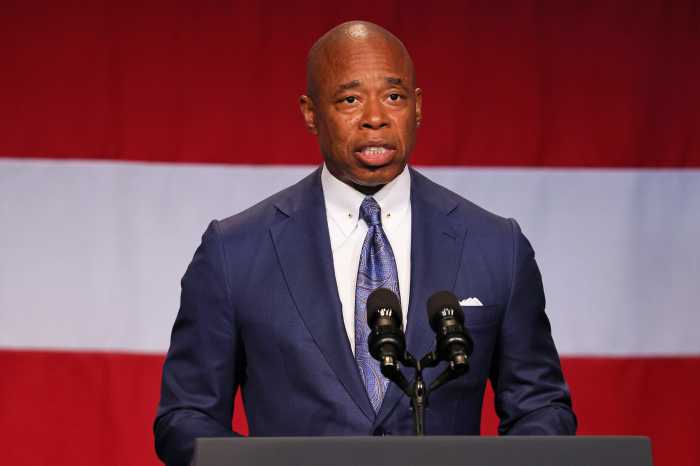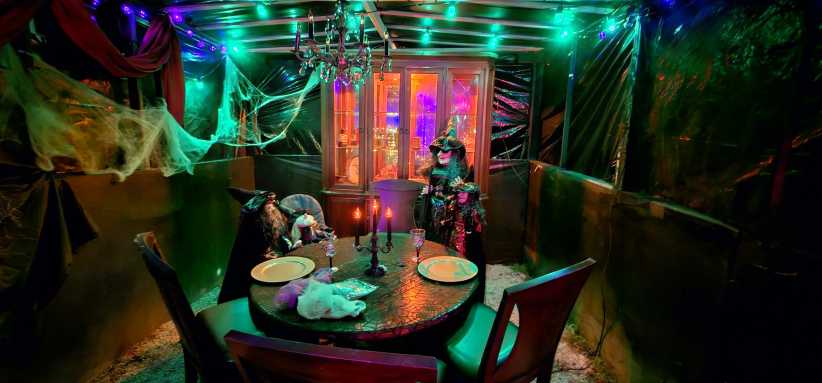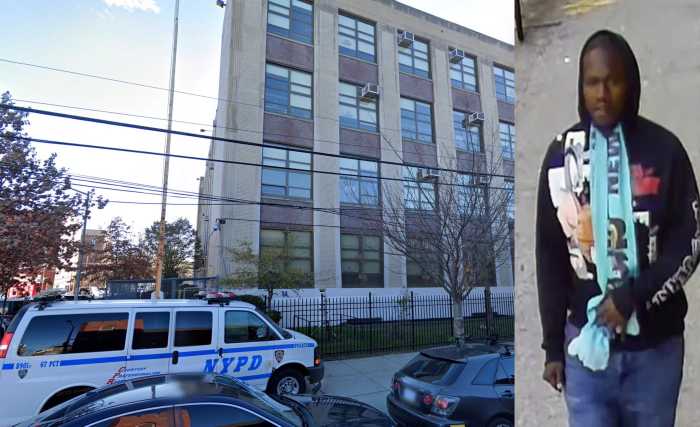An Atlantic Avenue ice creamery has one sweet dream — opening an outpost in Rwanda.
But it’s not just an ice-cream-pie-in-the-sky idea. The proprietors of Blue Marble Ice Cream want to stimulate economic development by creating an ice-cream selling non-profit organization in the East African nation that is 14 years removed from a genocidal civil war that claimed nearly one-million of its citizens.
“When people think of Africa, they are so overwhelmed by the challenges there, they feel that no check they can write can possibly make a dent,” said Alexis Miesen. “And there is ice cream, something they can relate to tangibly.”
From the beginning, Miesen and her business partner, Jennie Dundas, wanted to explore new cultures and be socially aware by serving organic ice cream from grass-fed cows and fair trade coffee in their Boerum Hill shop, at 420 Atlantic Ave.
“When eating our ice cream, we’re also giving you this very innocent, sweet opportunity to essentially [let your tastebuds] travel the world,” Miesen said. “So when this opportunity came up [to work with Rwandans], it really fits so beautifully with that theme.”
Dundas and Miesen applied for an American Express grant — which gives winners between $100,000 and $1.5 million — to open the African outpost. The women rallied community support, a key requirement of the grant, and moved to 13th place of 1,190 entries.
The idea for “Sweet Dreams: The Power of Ice Cream” started in July when Dundas met Gakire Katese Odile, a Rwandan woman, at a theater performance workshop in Utah. The two started talking about developing economies and women’s empowerment, and by the time Dundas returned to Brooklyn, the idea was set: Blue Marble would expand to Huye, Rwanda, a city known for its “cultural pulse,” according to Rwandan tourism authorities.
Though the country is impoverished, Rwanda does have a prosperous dairy industry, which makes the project feasible. And the ice cream factory and retail market would give women much-needed jobs (that’s the economic development part).
Blue Marble will also deploy a mobile ice cream unit to distribute free ice cream to children in Huye’s surrounding hill communities (that’s the joy part). And despite the fact that 60 percent of the country is below the poverty line and the gross domestic product per person is just $900, ice cream can still offer rays of hope to citizens, Odile said.
In an e-mail, Odile explained that despair continues to permeate the Rwandan culture, 15 years after the Hutu-on-Tutsi genocide.
“All we know about life is that it’s hard. But it can also be full of joy and happiness,” she wrote. “And for the commemoration of the genocide, what better way for Rwandans to enjoy life than by traveling all over the country through the thousand hills to offer life when there was death, to offer a smile, and an ice cream?”
As project plans developed devoted Blue Marble customer and Brooklyn Flea co-founder Eric Demby jumped on board.
“It’s not like we’re trying to rejuvenate Rwanda’s society,” he said. “It’s really being able to contribute something on a manageable scale.”
Yet despite such positive responses, “Sweet Dreams” did not end up in the top 25 of voted projects, and is out of the competition. But it’s hardly the end, Dundas and Miesen vowed.
“We are not at all discouraged. We actually owe a debt of gratitude to the Members Project … for giving us a reason to get the word out about it,” Dundas said, noting plans to organize a fundraiser to raise $100,000 in seed money this fall.
The good news is that late this week, Dundas and Miesen were contacted by the ultimate sugar daddies: two angel donors who said they would match all donations made over the next four weeks, up to $20,000 total.
For information, visit www.bluemarbleicecream.com/thescoop.


